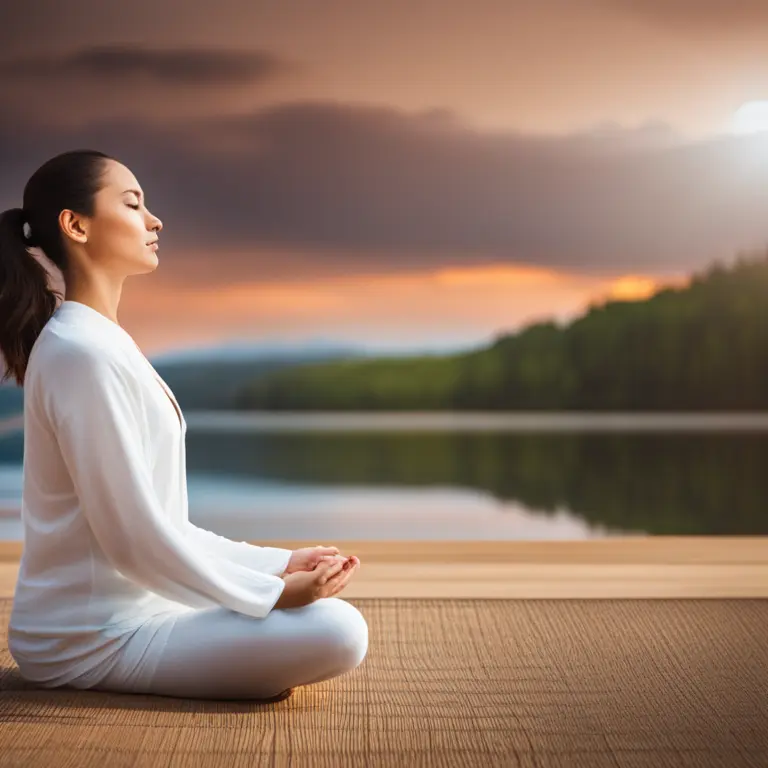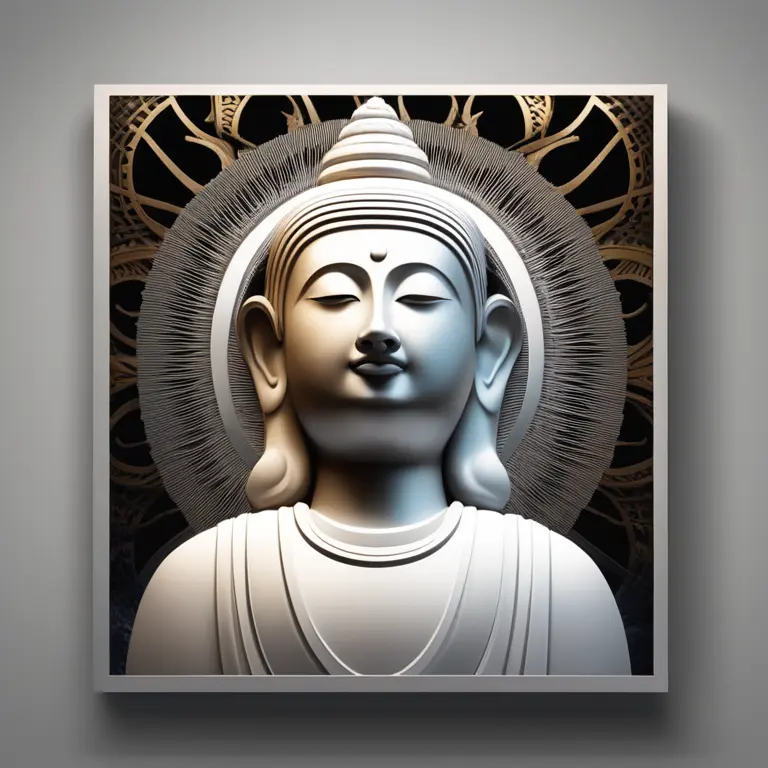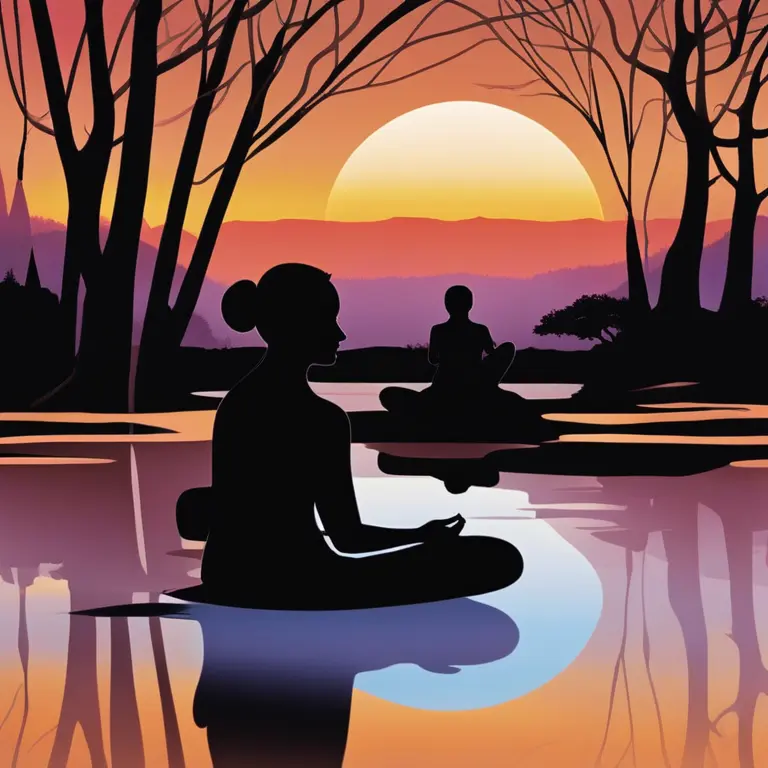
The Optimal Times for Meditation Practice
Discover the best times to meditate for enhanced well-being and alignment with natural rhythms, offering a guide for beginners and seasoned practitioners alike.
article by Hina Kurosawa
Introduction to Meditation Timing
Meditation, a practice as ancient as time itself, has been embraced by various cultures to promote inner peace and clarity. Despite its timeless appeal, the question of when to meditate for maximum benefit remains pertinent. The answer to this query is not one-size-fits-all; instead, it requires an understanding of personal rhythms and lifestyles. This article provides insight into ideal times for your meditation practice, taking into account modern 2024 lifestyles and the latest research in circadian biology.

Dawn: Synching with Circadian Rhythms
The early hours of the morning, just as the world transitions from night to day, are considered a potent time for meditation. This period, known as Brahma Muhurta in Ayurveda, occurs roughly 1.5 hours before sunrise and is believed to be an auspicious time for spiritual practices. Scientifically, the quiet of dawn coincides with the end of the body's melatonin production, making it an ideal time to align with your natural circadian rhythm and set a peaceful tone for the day ahead.

Meditation and The Sun's Zenith
As the sun reaches its highest point, typically around noon, the world is abuzz with energy. Midday meditation can serve as a sanctuary of serenity amidst the chaos of daily life. This mid-point can be an ideal opportunity to recalibrate your focus, balance your energy, and transition smoothly into the latter part of your day. For those with a hectic schedule, a short, concentrated meditation session can be particularly rejuvenating.

Twilight: Reflecting on the Day
Twilight, the time when daylight fades, holds a special place for evening meditators. It's a traditional time for reflection and surrendering the day's events. As the body begins its wind-down routine, a gentle meditation session aids in the transition from the active yang energies of daylight to the passive yin energies of night, fostering relaxation and better sleep quality, a significant consideration in our modern, often sleep-deprived society.

Deep Night: The Quest for Stillness
For those seeking deep introspection or spiritual experiences, the deep night offers unparalleled quietude. Meditating during the late hours, especially during the last watch before dawn, may facilitate a profound connection with the subconscious mind. However, it's essential to ensure that late-night practices do not disrupt the natural sleep cycle, aligning with contemporary sleep hygiene principles.
Customizing Your Meditation Schedule
While these time frames provide a foundation, personalization is key. Modern life in 2024 and beyond is about tailoring practices to individual needs. Experiment with different times to see what resonates with your body and daily routine. Additionally, leveraging technology, such as meditation apps with smart reminders, can help integrate meditation seamlessly into your lifestyle.
Concluding Thoughts on Meditation Timing
Ultimately, the most important aspect of meditation is consistency. Whether it's dawn, dusk, or any time in between, keeping a regular practice will prove most beneficial. In the hustle and bustle of the future, let meditation be your anchor, aligning you with the ever-constant flow of time's river.
Published: 1/14/2024
Modified: 1/15/2024
More predictions
Come back here soon to learn more about yourself and your future


Healing Through Mindfulness: Meditation & Trauma Recovery
Mindfulness meditation offers a powerful tool for individuals seeking solace and healing from traumatic experiences. Discover how this practice can aid in the journey towards inner peace.


Mindfulness Meditation: A Handbook for High Schoolers
Discover how mindfulness meditation can benefit high school students, enhancing focus, reducing stress, and promoting overall well-being.


Discovering Life with Meditation Mantras
Delve into the transformative power of meditation mantras to harmonize your mind, body, and spirit for a tranquil existence.